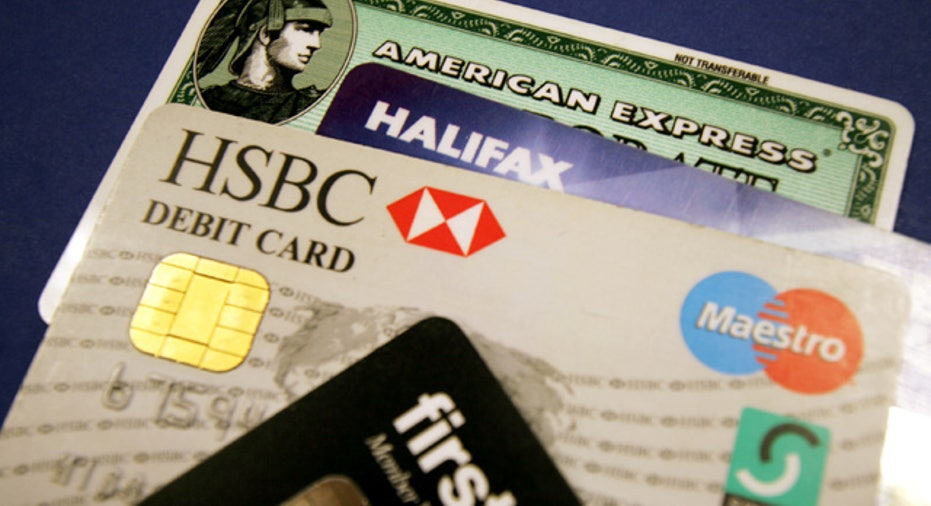A Late Payment Doesn't Always Mean a Lower Credit Score

Dear Credit Score Report,
I have a credit score of 686, and a car payment due on the 28th. I tried to pay online, and it would not accept it until the 29th. How will this affect my credit score? I have not had a late payment before.
-Deborah
Hey Deborah,
Being only a day late with your car payment isn't likely to lower your credit score, experts say, but that doesn't mean you shouldn't strive to be a better borrower.
It's important to pay your bills on time, since payment history is the biggest factor in your credit score. However, being a day late just once isn't likely to cause your score to fall. "If you're not habitually tardy -- if you're not late all the time -- the creditor will usually not ding you," says Howard Dvorkin, founder of the nonprofit counseling and debt management agency ConsolidatedCredit.org. He isn't making any guarantees, though. "It really comes down to the policy of the creditors. Different creditors look at that in different ways," Dvorkin says.
In general, however, the credit bureaus won't be told about a one-time, day-late payment. Banks and other lenders just aren't in a hurry to report your missed payments, since there isn't much benefit in potentially upsetting you and possibly ruining their relationship with a customer, Dvorkin says. Others agree. "Late payments are not reported to the credit reporting companies until an entire payment cycle has passed. That's why an account is reported '30 days late' on a credit report," Rod Griffin, director of public education for credit bureau Experian, says. And if that late payment doesn't show up on your credit report, it can't be factored into your credit score.
But that doesn't mean you have nothing to worry about. Late payments can still trigger fees or other penalties. Luckily, you may be able to get any penalty charges removed from your account. To see if that's possible, pick up the phone: Let your lender know you are a responsible borrower who simply had a problem with their online payment system -- and ask if they'll reverse the fees. If you're firm but polite (and especially if it's your first offense), your request may be granted.
Meanwhile, even if your score doesn't fall as a result of that missed payment, you should still take action to improve your borrowing approach. Right now, your score of 686 puts you well below the median FICO score of about 720. Since you've never before made a late payment, I'm going to guess you simply haven't yet established much of a credit history. But that will change. Over time, as long as you following the basics of good borrowing, your score should improve.
So what are those basics?
Always make payments on time. Mistakes like yours do happen, but since payment history accounts for the bulk of your credit score, strive to never again miss a due date. That could require setting up automatic payments or reminders to yourself in the form of a note on your calendar, for example. Figure out what system works best for you and use it.
Keep credit balances low. For any outstanding loans you may have, keep balances as low as possible. That may mean using your credit cards less. It could also mean making an extra effort to budget more carefully, applying any spare cash toward paying down your debts.
Open new accounts cautiously. Taking on additional debt can also cause problems for your score. Before opening any new credit accounts or new loans, think about what you're doing: Do you really need this account? If the answer is "no" or even "maybe," then you are probably better off not applying. New loan applications can lower your credit score, so always apply carefully.
A great score won't happen overnight, but follow these rules consistently over time and you'll eventually get there.
Good luck!
-Jeremy



















